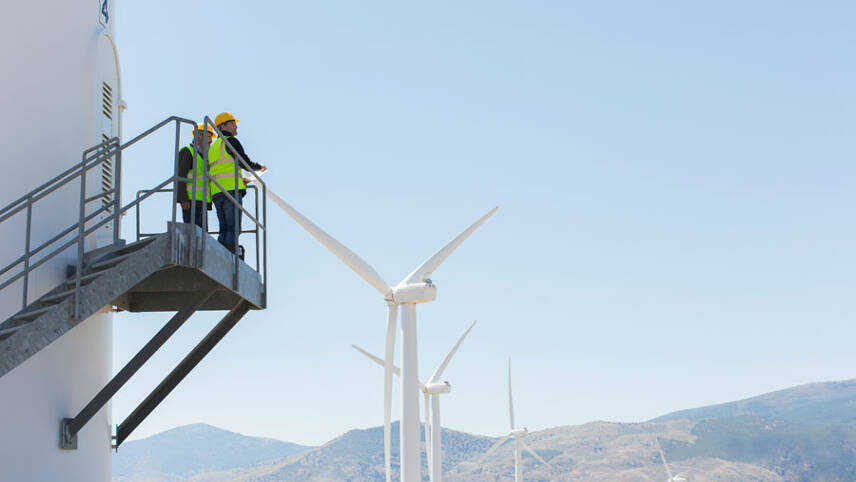Register for free and continue reading
Join our growing army of changemakers and get unlimited access to our premium content

This is the warning from the World Energy Council based on the findings of its latest World Energy Issues Monitor, a survey taken by almost 1,800 decision-makers in the global energy industry.
Leaders broadly understand the technical aspects of bringing their local energy systems to net-zero by mid-century, along an emissions trajectory that is science-based. Yet they cite many practical barriers to delivering such a transition.
In all regions, leaders have a high degree of certainty that electricity transmission grids and energy storage capacity will need to be rapidly built out. 69% of those polled see transmission grids as a factor that is highly important to delivering an orderly clean energy transition and 66% said this was the case for broader infrastructure planning.
The International Energy Agency (IEA) has warned that annual global investment in grids has “remained broadly stagnant” since the Paris Agreement was ratified in 2015, at around $300bn per year, but needs to reach $600bn by 2030.
This level of funding would enable the addition or replacement of 80 million kilometers of power lines by 2040. This is equivalent to the entire existing electricity grid at present.
The survey asked energy leaders about the issues they believe could undermine the energy transition.
One-third said risks to peace present either ‘high’ or ‘very high’ levels of uncertainty that an orderly energy transition can occur. This sentiment was particularly pronounced in Europe, doubtless due to the Russia-Ukraine conflict.
Commodity prices are another key concern, cited as the most pressing uncertainty in every region except North America. Skyrocketing supply chain costs have caused several offshore wind developers to shelve, sell or even cancel projects in recent months.
Collaborative approach
The World Energy Council has noted that no one company can overcome these challenges alone and, for strategic and long-term planning, a collaborative approach is needed and must be underpinned by a stable and strategic policy vision.
Policy levers are particularly key, the survey found, to de-risking investment in clean energy and comprehensively addressing energy efficiency and demand-side flexibility.
It bears noting that more than 100 nations committed at the recent COP28 climate summit to double the annual rate of energy efficiency improvements this decade and support global efforts to treble renewable generation capacity.
Yet policy uncertainty is prevailing in what has been described as a ‘permacrisis’ or a ‘polycrisis’, compounded by the fact that many major economies will host national elections this year. It has been estimated that 40% of the world’s adult population will get to vote by early 2025.
The Council has concluded that energy transitions “face the risk of U-turns and detours in all regions”. Policymakers and different parts of the industry will have “various visions and diverging technologies” in mind for the net-zero transition.
With an ever-shorter window of time left to respond to climate adaptation and mitigation needs, “the risk of disorderly energy transitions looms large”, the Council is warning.
The World Energy Council is hosting the World Energy Congress in Rotterdam from 22 to 25 April. More than 70 Ministers and thousands of business leaders are expected to attend to forge collaborations to deliver clean, just, inclusive energy transitions.


Please login or Register to leave a comment.